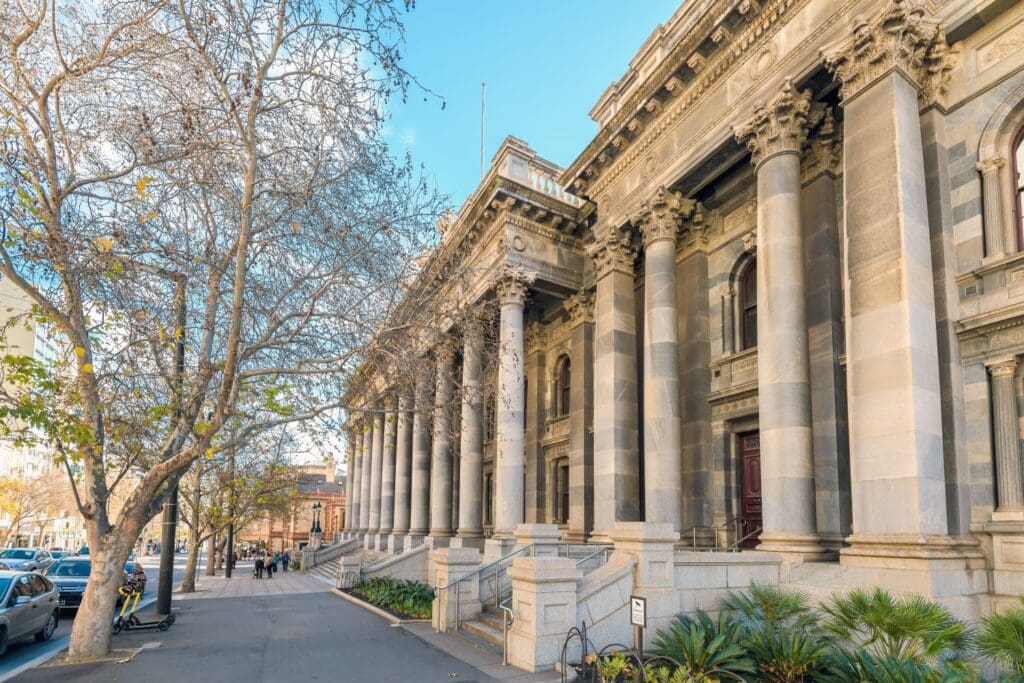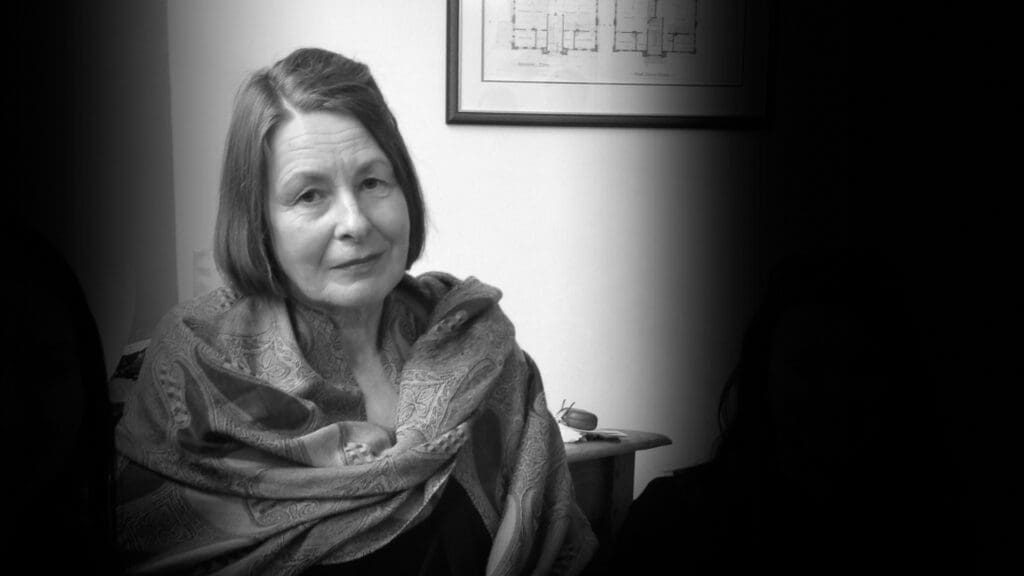Press freedom remains under threat despite High Court ruling
Today the High Court unanimously ruled that the warrant relied on by the Australian Federal Police to raid the home of News Corporation journalist Annika Smethurst was invalid, and the raid was therefore unlawful. However laws that criminalise public interest reporting remain in place, leaving journalists and whistleblowers exposed to police investigation and prosecution.
Alice Drury, Senior Lawyer with the Human Rights Law Centre, said that while the High Court had ruled that the warrant used in this case was defective for technical reasons, laws which criminalise reporting remain in force and need urgent reform.
“The Government might not like scrutiny or having wrongdoing exposed, but we all have a fundamental right to know what our Government is doing in our name and journalists must be able to do their jobs without fear of being prosecuted or having their homes raided.”
“Attacks on whistleblowers and public interest journalism strike at the heart of our democracy. The raids on Annika Smethurst’s home and on the ABC the very next day show we urgently need law reform to protect whistleblowers and public interest journalism. There must be greater limits on police powers when they are used to shut down Government scrutiny.”
The Parliamentary Joint Committee on Intelligence and Security was charged with conducting an inquiry into the impact of the exercise of law enforcement and intelligence powers on freedom of the press. The Human Rights Law Centre told the inquiry in June last year that the Government needed to rein in secrecy and mass surveillance laws that damage Australia’s democracy.
The Committee’s report was due to be handed down last year, however has been postponed, apparently indefinitely. The Morrison Government’s decision to shut down regular parliamentary processes until August makes the timing of the report – and changes to the law to protect our democracy from future government overreach – even less certain.
“It is essential that we have regular Parliamentary processes back in place as soon as possible. The issue of criminalising whistleblowing and unacceptable surveillance of journalists is damaging our democracy every single day and must be addressed. As millions of Australians have gone to great effort to make arrangements to work remotely, or make other changes to work safely, our elected politicians should do the same,” said Drury.
Media contact:
Michelle Bennett, Communications Director: 0419 100 519
Media Enquiries
Chandi Bates
Media and Communications Manager

Malinauskas Government must take historic opportunity and adopt Human Rights Act after inquiry recommendation
The Human Rights Law Centre has congratulated the South Australian parliamentary inquiry recommendation for a South Australian Human Rights Act.
Read more
Legal challenge filed against Tasmanian Parole Board’s decision to gag free speech
The Human Rights Law Centre has filed legal proceedings on behalf of Tasmanian grandmother, Susan Neill-Fraser, to challenge a restrictive parole condition placed on her by the Tasmanian Parole Board seeking to limit her ability to speak to the media.
Read more
University of Melbourne urged to drop repressive anti-protest and surveillance policies
The University of Melbourne is being urged to abandon policy changes that restrict staff and students’ right to protest and permit the widespread surveillance of people using their wifi network.
Read more


